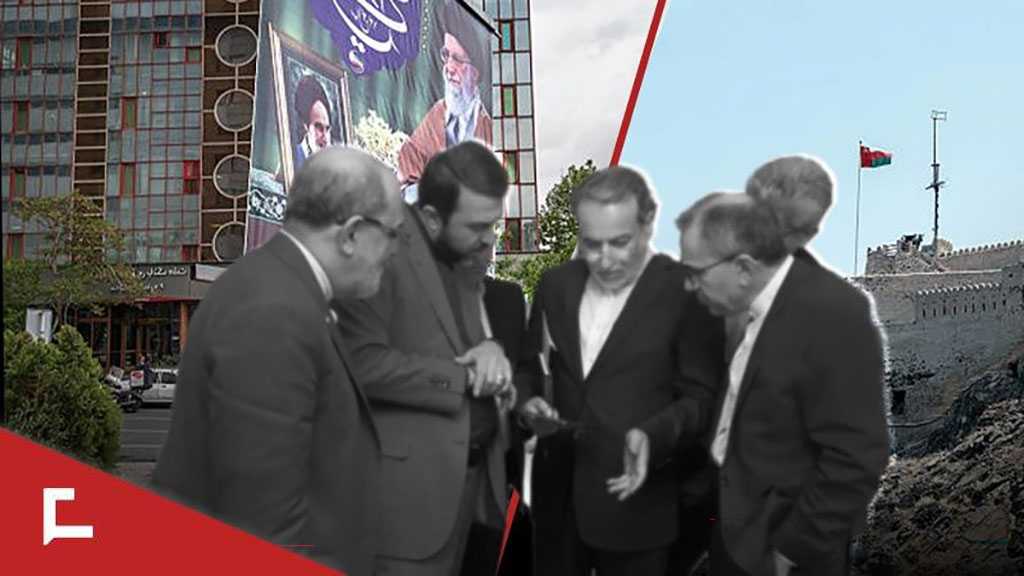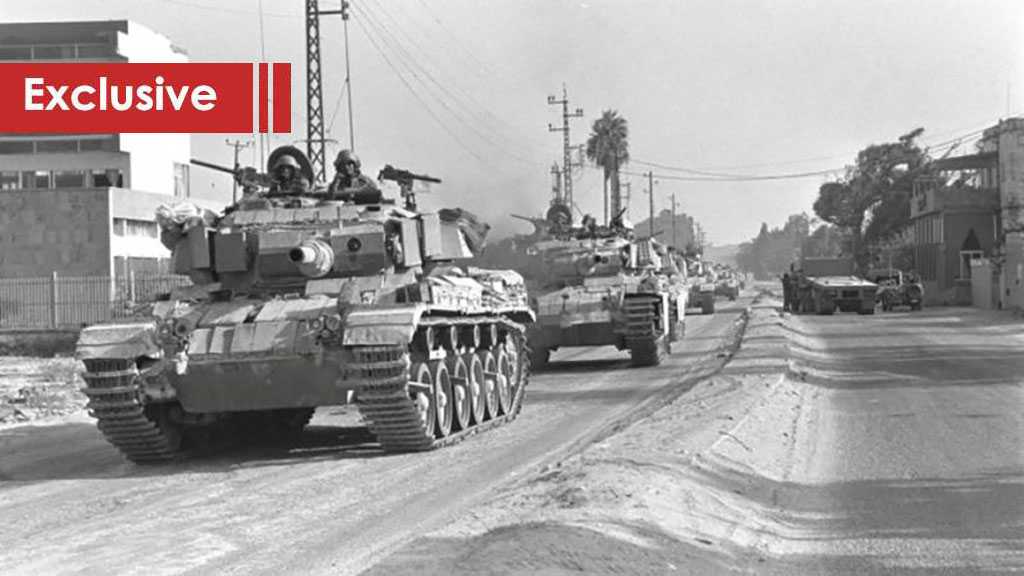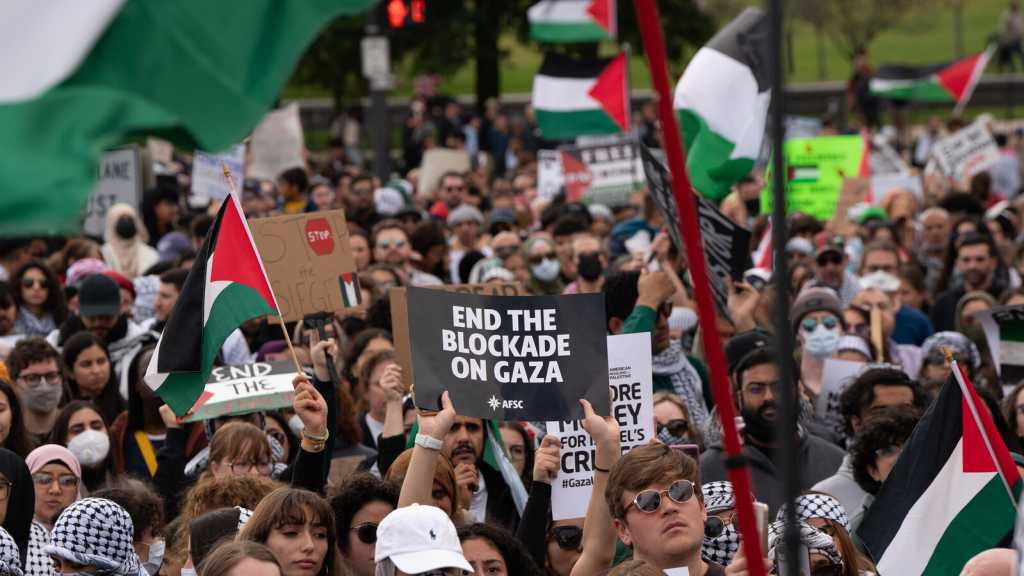
Al Quds Captives…In Occupation Prisons Everlastingly

Occupied Al Quds -Exclusive by Alintiqad
On the 27th of the past Mach, Al Quds captive, 46 year-old Ibrahim Abdul Razzak Ahmad Mashaal joined the list of Al Quds captives' deans, having finished his twentieth year in the Occupation prisons.
Captive Mashaal is from occupied Al Quds. He was arrested on March 28, 1990, being charged with executing military operations; he was sentenced to life-long imprisonment and has so far spent 20 years of the sentence.
Through these 20 years, captive Mashaal's family, particularly his three children (24 year-old Sammer, 25 year-old Fedaa, and 20 year-old Jammal) have been awaiting his return upon any paroles or bargains that would be made between the Occupation authorities and the Arabic or Palestinian resistance; nevertheless, identified as a civilian of Al Quds, he hasn't been allowed to have this dream come true.

Red-handed Are They
The president of the "Committee of the Captives' Families", Amjad Abu Assab, says the number of the captives' deans of al Quds increases every year as new captives commence their twentieth year of captivation, having been excluded by the agreements signed by who've been known as ‘red-handed' with the Occupation through the so-called "Oslo Agreement".
Abu Assab has said, "These captives have had a special case because of their belonging to Al Quds and of the Occupation authorities' alibi that they are "an internal affair" and that "the Palestinian authority has no right to negotiate their cases".
Abu Assab has pointed out that the oldest of these captives is the ‘Dean of Al Quds Captives', Fuad Al Razem, who has been captivated since 1981 and has been sentenced to a life-long imprisonment. Among the deans of Al Quds captives, too, is Hani Aljabr, who commences his 26th year of detention next September.
25 Years in Prison
The only daughter of captive Mashaal, Fedaa, says her father hadn't finished his 21st year when he got arrested at his home in Alkhaleel. She adds he's twice been sentenced to life-long imprisonment and he is still in the Occupation prison up till now.
Fedaa, who is 25 years old, was born only two months after the arrest of her father, who had chosen her name earlier, and she only knows the father beyond the bars that separate him from her: "I don't remember I've been able to embrace my father all this time. They would always prevent us from entering his place to meet him."
As for the prison circumstances her father has lived, Fedaa says, "My father lives inconvenient circumstances upon medical and health carelessness, especially that he suffers many stomach, teeth, and back illnesses, in addition to weak eyesight."
The Captives Bargain... The Hope...
Fedaa points out that her father has been steadfast through his imprisonment and that he is hopeful that soon he may be set free through the bargain of exchanging the captives with the abducted soldier "Gilead Shalit".
"My father has great hope that he'll be out of prison upon the exchange bargain that the factions intend to make. We are greatly hopeful that my father will be among the paroled captives, especially when the resistance has iterated more than once through media means that it won't exclude the captives of Al Quds."
As is Fedaa's situation, several twenties of the families of Al Quds, particularly the families of the captives' deans, await the relief of a bargain that includes them besides 70 families of Al Quds, whose children face life-long-imprisonment sentences.
High-rate Sentences...
The principal of the ‘Center of the Free People', Fuad Alkhafsh, who is specialized in the captives' affairs, says, "The captives of Al Quds have become 245, among whom are 75 captives sentenced to life-long imprisonment and 35 captives serving 20-33 imprisonment years."
According to Alkhafsh, the rate of the sentences of the captives of Al Quds is very high in comparison with that of the Palestinian captives, whereby the Occupation authorities intentionally increase the punishment years of the captives of Al Quds for the same charges.
Alkhafsh emphasizes the inconvenience of the captives' deans' health conditions, especially the ones of Al Quds, because of the policy of health carelessness and the bad quality of the food they get.
He says, "Upon the high number of imprisonment years, the captives' deans suffer very bad health conditions - specifically the ones who have been spending years of isolation, whereby the directory of the prisons is intentionally careless at offering the treatment they need as most of them have exceeded the age of 50."
Comments



